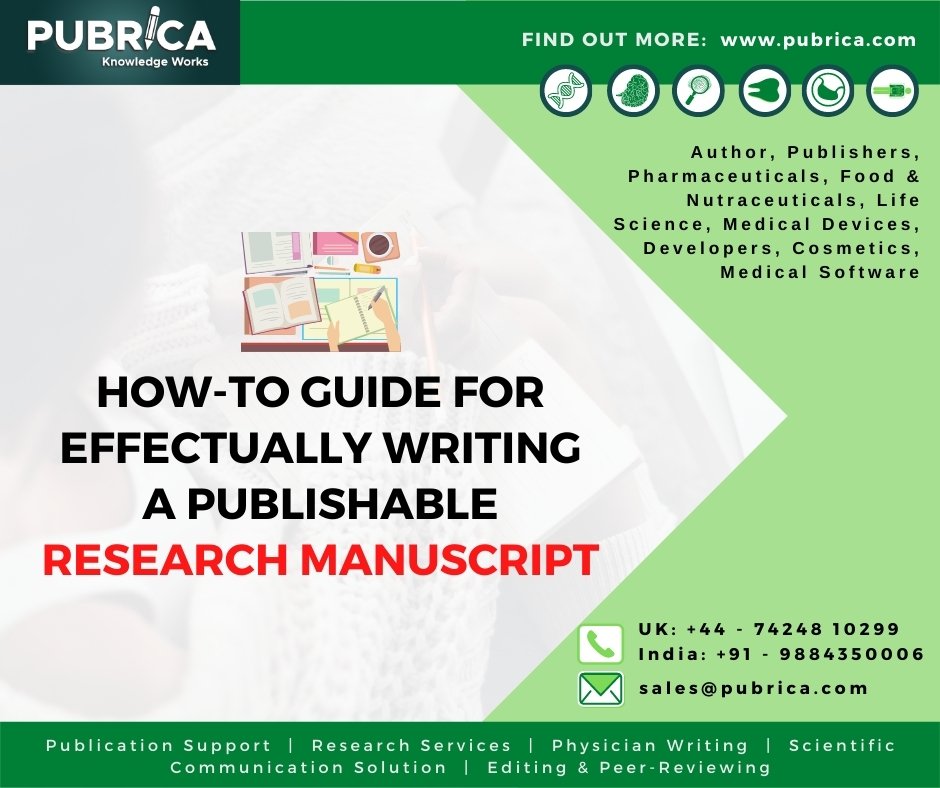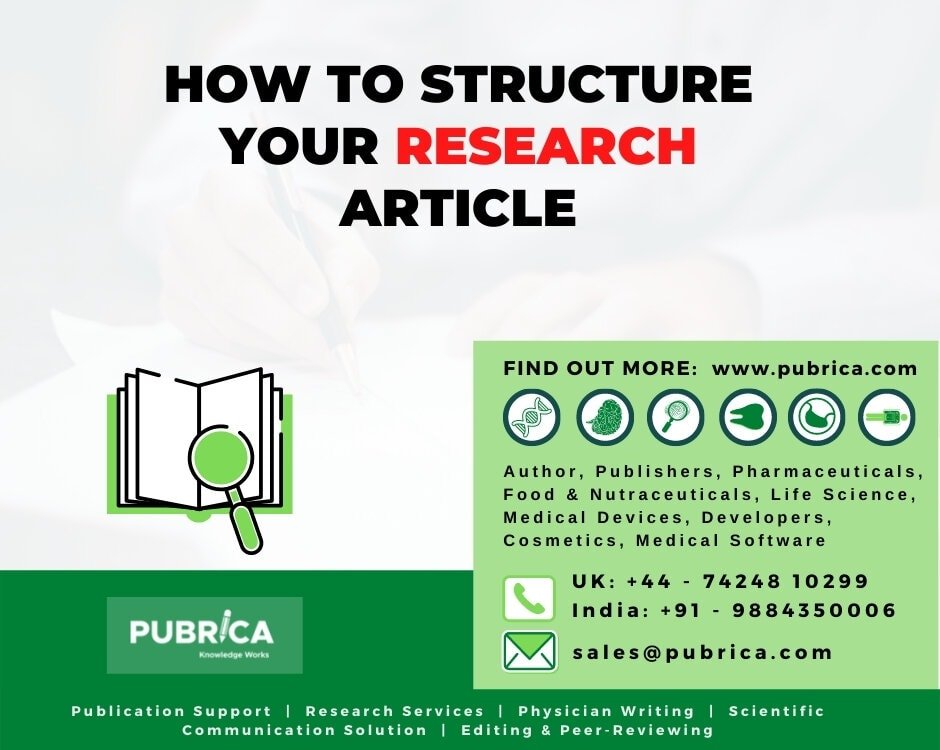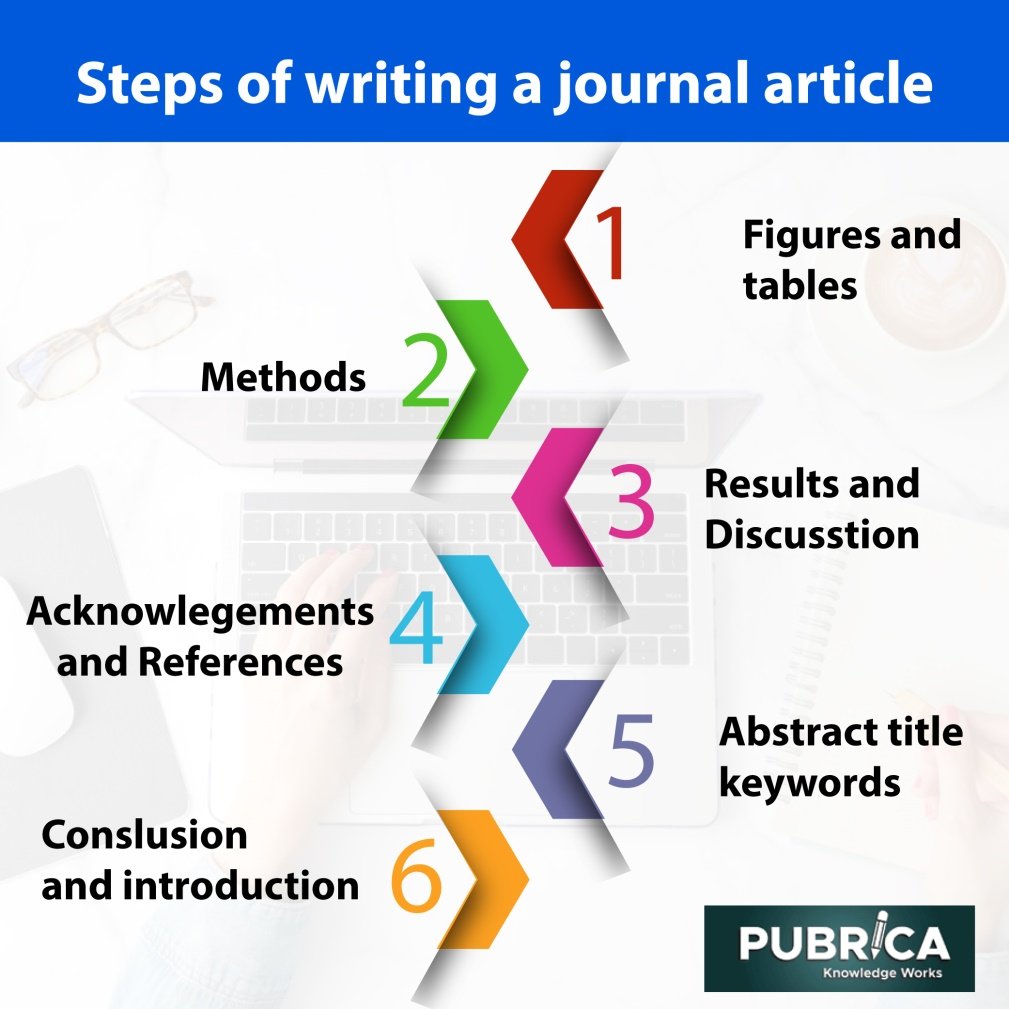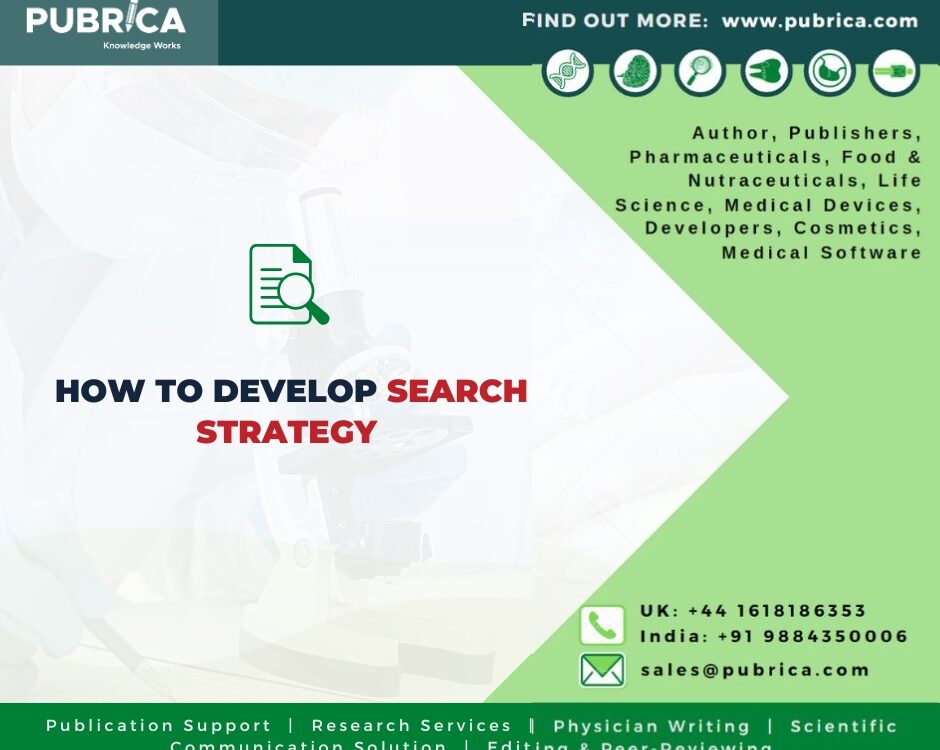
How-to guide for effectually writing a publishable research manuscript
September 13, 2021
How to Structure your research article
September 20, 2021In Brief
Scientific journal editors are important gatekeepers for advancing careers and disseminating information, but they are considerably less well-known than scientific writers and readers. This issue of Centaurus explores the reasons for editorship and the methods, tactics, and resources required to carry it out successfully, using a range of methodological approaches. It invites us to consider how editors, editing, and editorship have evolved over two centuries and across countries.
Academic journals are widely acknowledged as critical to the creation and dissemination of information and the development of academic reputations; nevertheless, it is not just the journals that count, but also the editorial procedures of those publications. As a result, academic researchers learn early on in their careers to distinguish between the editorial practises of academic journals and those of other magazines, reviews, and periodicals: contributions to peer-reviewed academic journals take pride of place on the CV, publication list, or grant application, while other forms of authorship are relegated to the “other” category(1).
Introduction
The first journal
Historians have seen the interchange of science and technology through the lens of science’s application to technology. However, Carnot claims that he could not have composed his famous masterwork without the steam engine. He claims that the Philosophical Transactions do not completely provide the key to the Royal Society’s early attitude. Initially, it was planned as a private business, but it gradually became a part of society (2).

What would Oldenburg have thought?
Henry Oldenburg (1619–5 September 1677) was a German philosopher who is regarded as one of Europe’s finest early modern scientific intelligencers. He began his profession as a tutor and travelled extensively around Europe, meeting several educated persons and expanding his vast network of connections. Oldenburg was an obvious option for the position of social secretary. Society’s correspondence was entrusted to him because of his wide acquaintance among Europe’s intellectuals and his abilities and aptitude as a linguist. The society’s members were mostly university professors, medical doctors, and interested individuals. Members of the society began gathering regularly to address issues.
The Royal Society used to compensate him for his secretarial work, but it wasn’t enough, and he had to out a living in an unsafe financial condition. In 1665, Oldenburg proposed to the Royal Society proposing to publish a printed version of the society’s scientific communications. Although this new venture was intended to promote the Royal Society’s scientific activity by saving him the time and effort of copying the same news to all of the society’s members in half a dozen languages, his primary motivation was purely financial: he believed that this venture would provide him with a decent living. The Philosophical Transactions was created as a result of this (3).
Then he discovered that the Royal Society had founded Philosophical Transactions. He was amazed that publishers were still doing exactly what he had intended for his magazine more than 350 years later. But he soon recognized that a publisher or a magazine was no longer necessary for three of the four tasks.
- Registration: The world no longer needs journals to ensure that a research paper was registered, thanks to DOIs (Digital Object Identifiers) or other types of UIDs (Unique Identifiers).
- Journals would be unnecessary if there were any other sorts of universal repository for publications.
- Distribution: With open access, dissemination would be automated, and no one would be required to distribute the articles.
- Certification was still as vital as it had always been. Again, peer review was required, but the difficulty was that more articles were being published than the specialists could process, making it sluggish and difficult to find high-quality research.
Back to the (Research) Future
Researchers will be able to register their work automatically in the future by ‘depositing’ (rather than submitting) their ‘Research Objects.’ They will add procedures and techniques when they are ready and then share the results. They can exchange films, interactive visuals, comments, notes, short reports, peer reviews, data sets , and any other object related to their work. Many print-based paradigms will be completely outdated in 20 years. Traditional journals may combine and be replaced by content sets based on themes and subjects (1).
Conclusion
There were national differences in editorship across Europe in the late 19th and early 20th centuries. National differences have diminished as scientific editing has become more professionalized, academicized, and internationalized, yet they have not (yet) vanished. Moreover, academic infrastructures changed substantially across Europe over most of the period covered by this special issue, implying that the incentives of editorship and the methods and resources required to carry it out successfully differed. We hope that the offerings in this issue will prompt a greater focus on those tactics, their regional variations, and how they have evolved.
References
- Fyfe, Aileen, and Anna Gielas. “Introduction: editorship and the editing of scientific journals, 1750–1950.” (2020): 5-20.
- Hall, Marie Boas. “II. OLDENBURG, THE PHILOSOPHICAL TRANSACTIONS, AND TECHNOLOGY.” The uses of science in the age of Newton. University of California Press, 2020. 21-48.
Majumder, Parthopratim Dutta. “Henry Oldenburg: The first journal editor.” Indian Journal of Ophthalmology 68.7 (2020): 1253.



